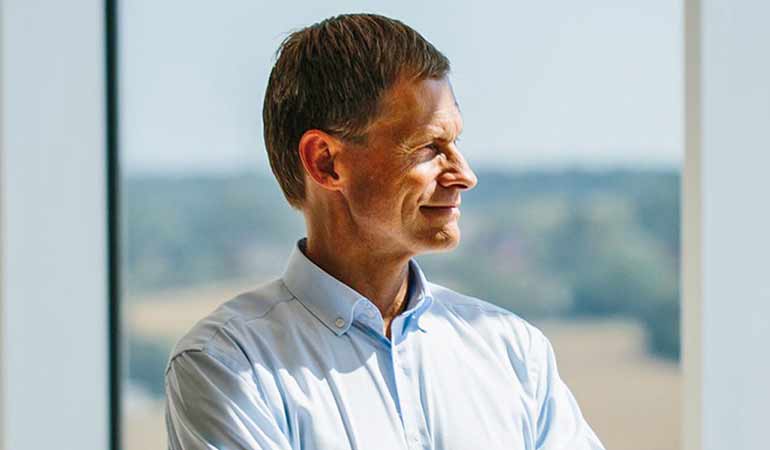No net-zero without energy efficiency
8th June 2023
FRANCE: Kim Fausing, president and CEO of Danish manufacturer Danfoss, has warned the world’s energy and climate ministers that net zero will not be achieved without energy efficiency.
Speaking at the International Energy Agency’s (IEA) 8th Annual Global Conference on Energy Efficiency in Versailles, France, Fausing said that governments needed to do more to implement and execute energy efficiency policies as a key tool to curb energy demand, ensure energy security and mitigate climate change.
The 8th Annual Global Conference on Energy Efficiency is the IEA’s largest energy efficiency conference, with representatives from over 80 countries, 30 ministers, 50 CEOs, and 650 participants.
New IEA analysis shows that the world needs to double progress on efficiency between now and 2030 as part of efforts to improve energy security and affordability while keeping the goal of limiting global warming to 1.5°C within reach.
While global energy efficiency progress reached 2.2% in 2022, twice the average over the previous five years, this is still far short of the necessary 4% improvements needed annually for the period 2020-2030 for the world to reach the Paris Agreement climate goals. Global energy demand grew by 1% in 2022.
Fausing reflected on the progress that had been made in the year since the conference was last held in Sønderborg, Denmark. “In Sønderborg a year ago we proved beyond doubt that the value of reducing energy demand, along with increasing supply, is an essential yet overlooked component of the energy transition. And we illustrated that it’s good for business too, with most solutions having payback times of less than three years. In fact, Dr Fatih Birol even coined Sønderborg as the global capital of energy efficiency. This was certainly a turning point, but now is not the time to rest. Rather it is the time to implement, execute and follow-up on energy efficiency and machine productivity.”
In support of the meeting, the IEA produced the report Energy Efficiency – The Decade for Action, which highlights the importance of energy efficiency actions in the coming years. The analysis examines recent trends relating to demand and policies and the next steps for the improvement, implementation and investment required for an energy efficient future.







